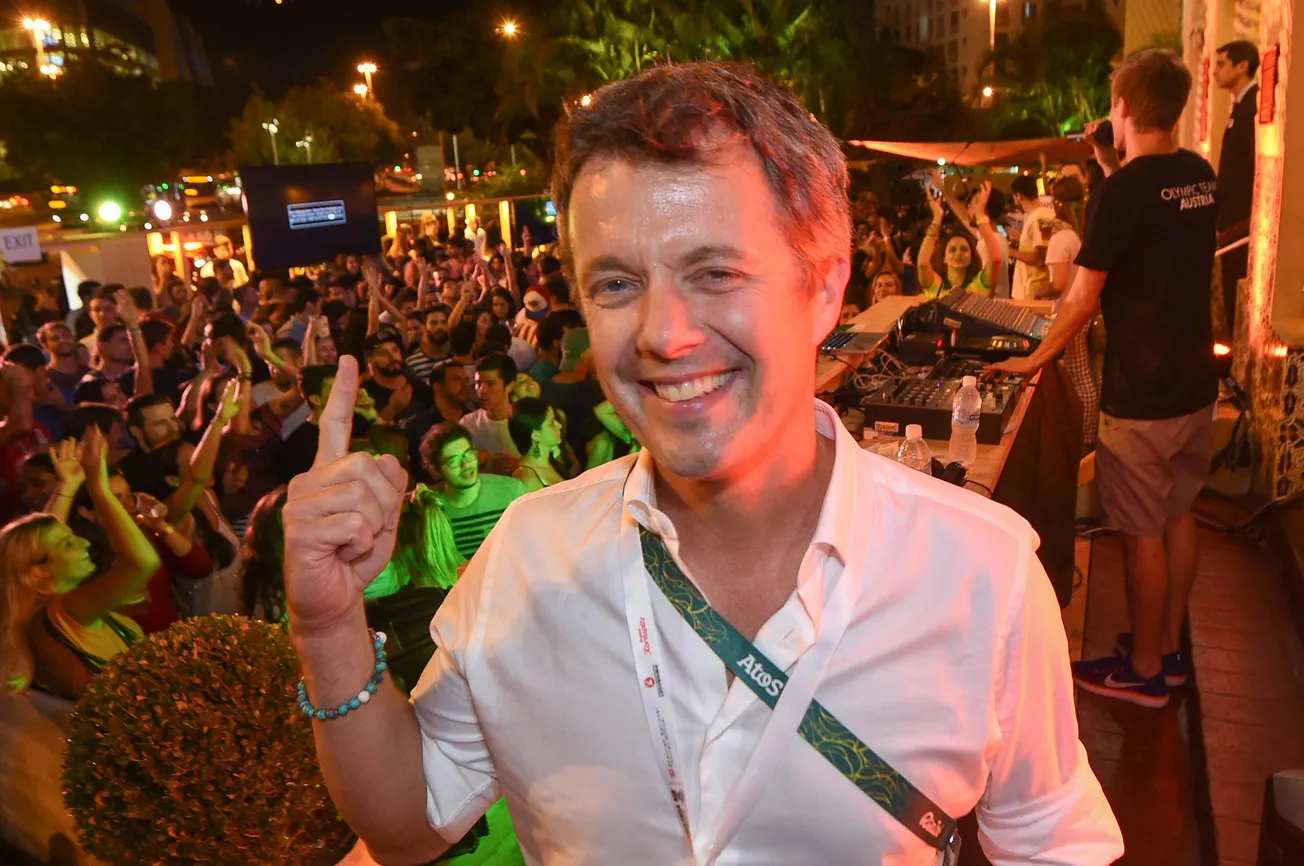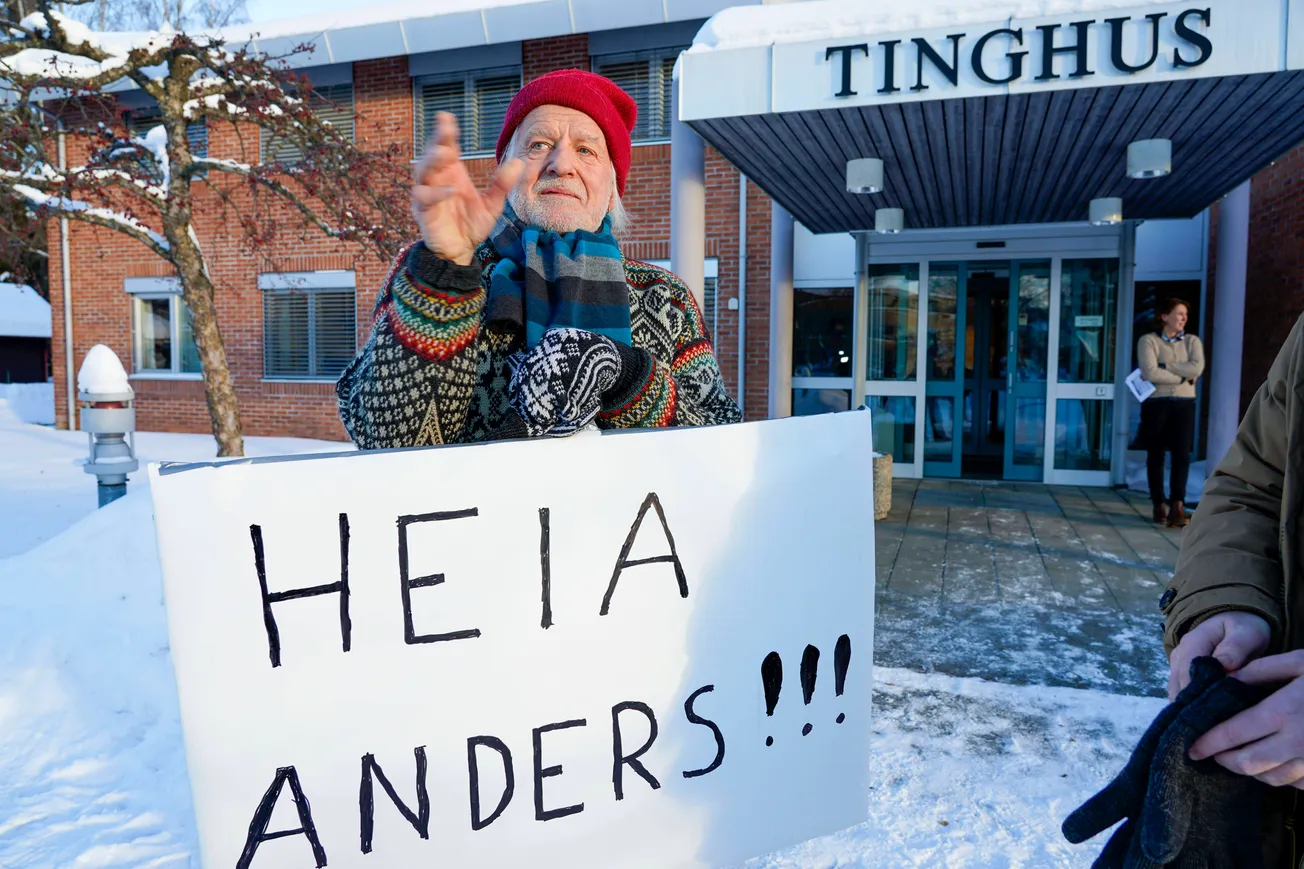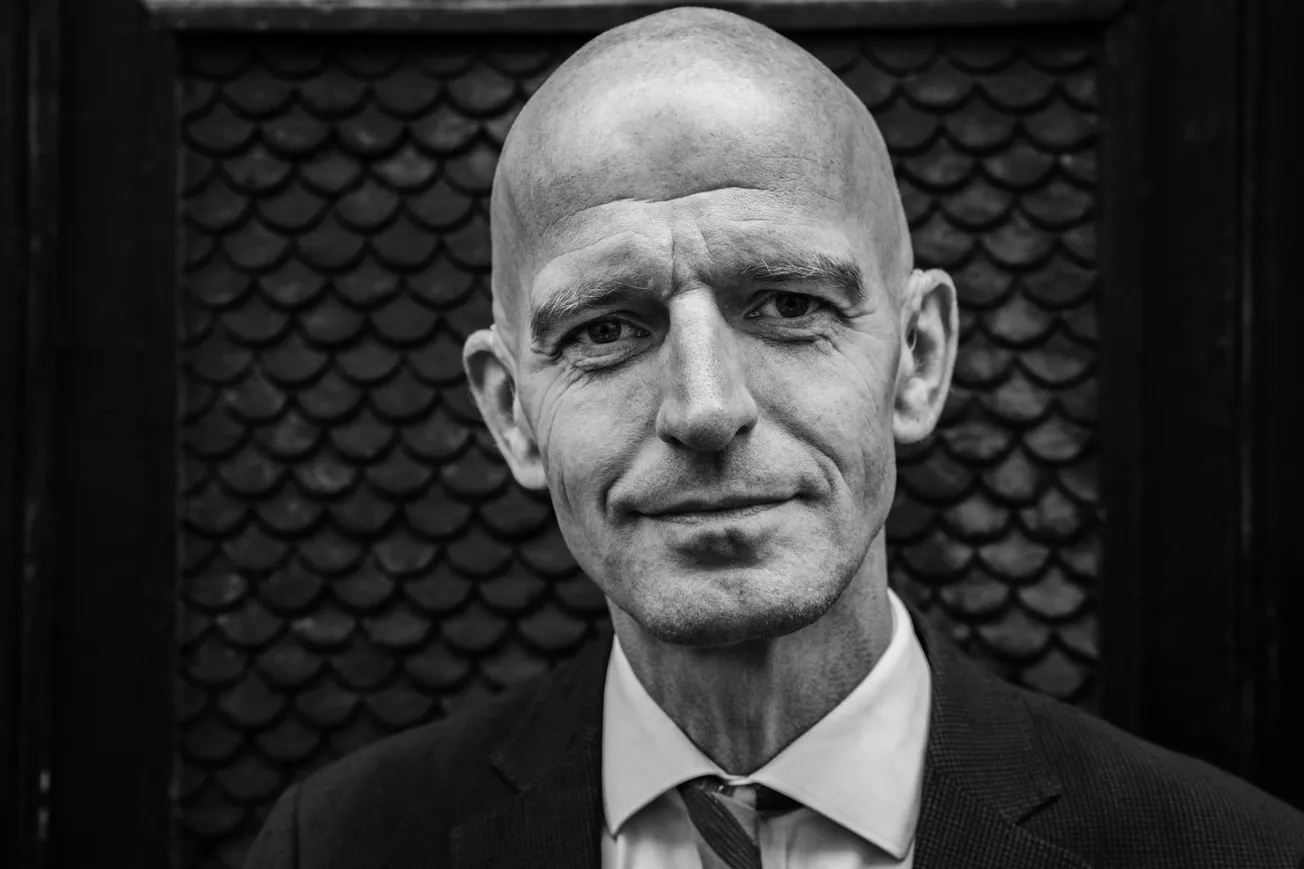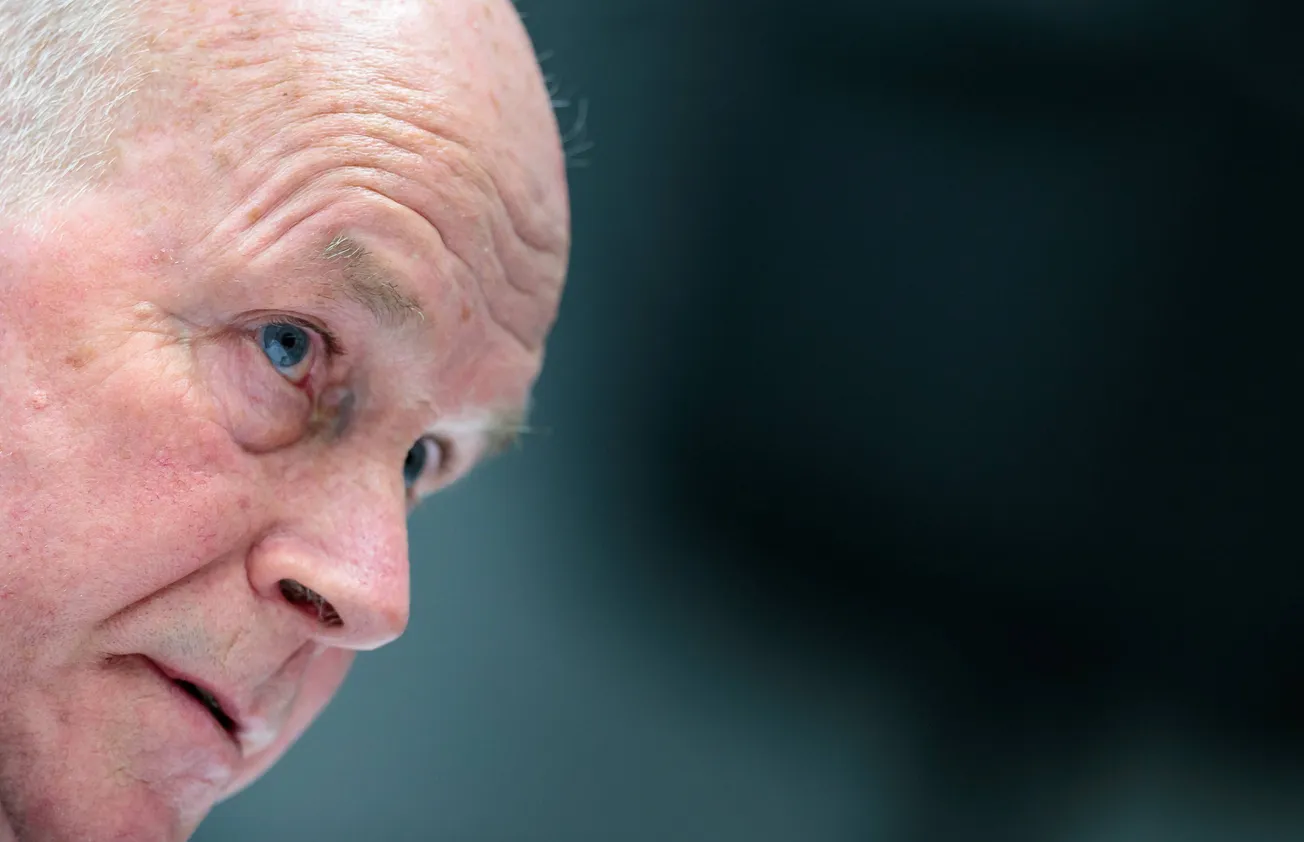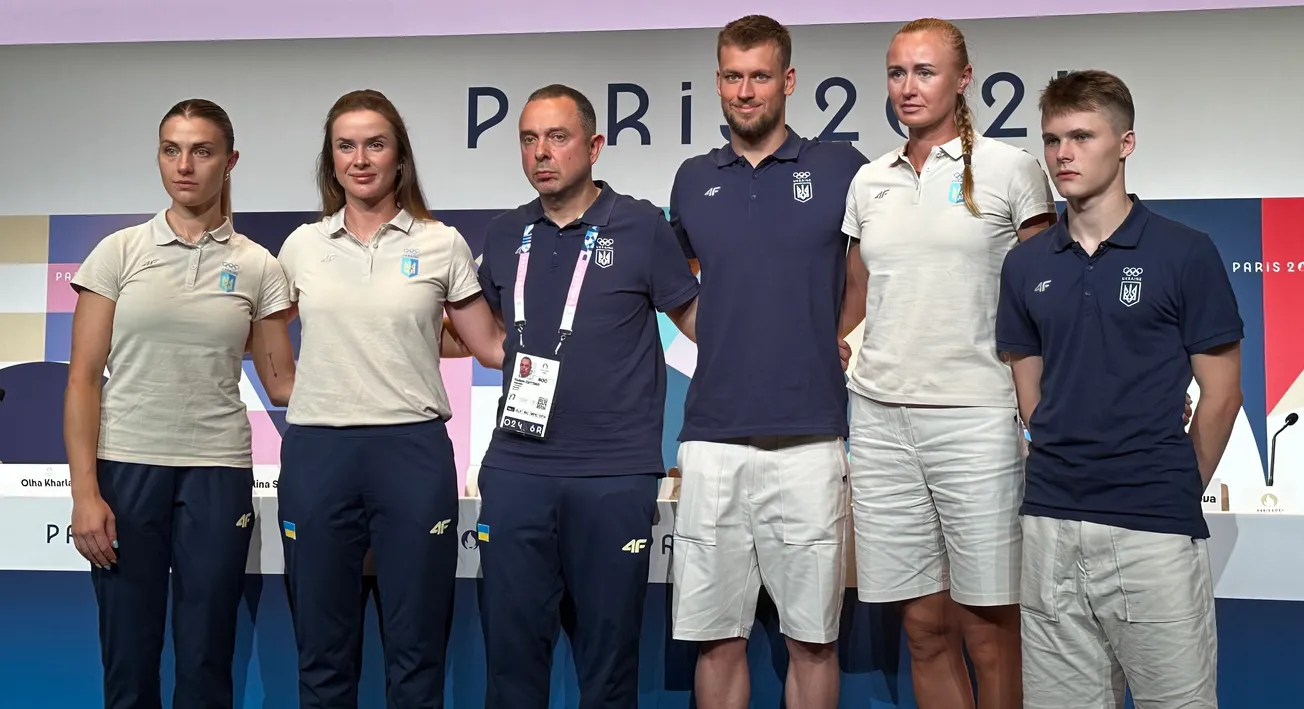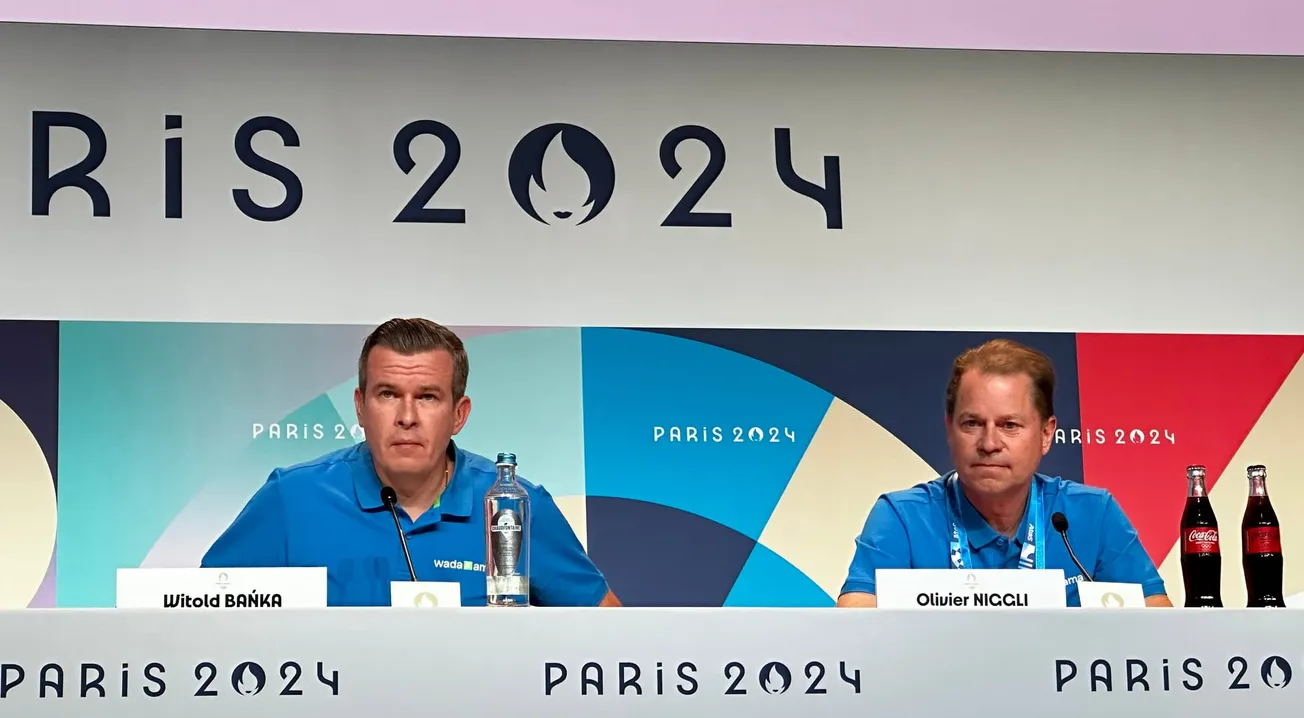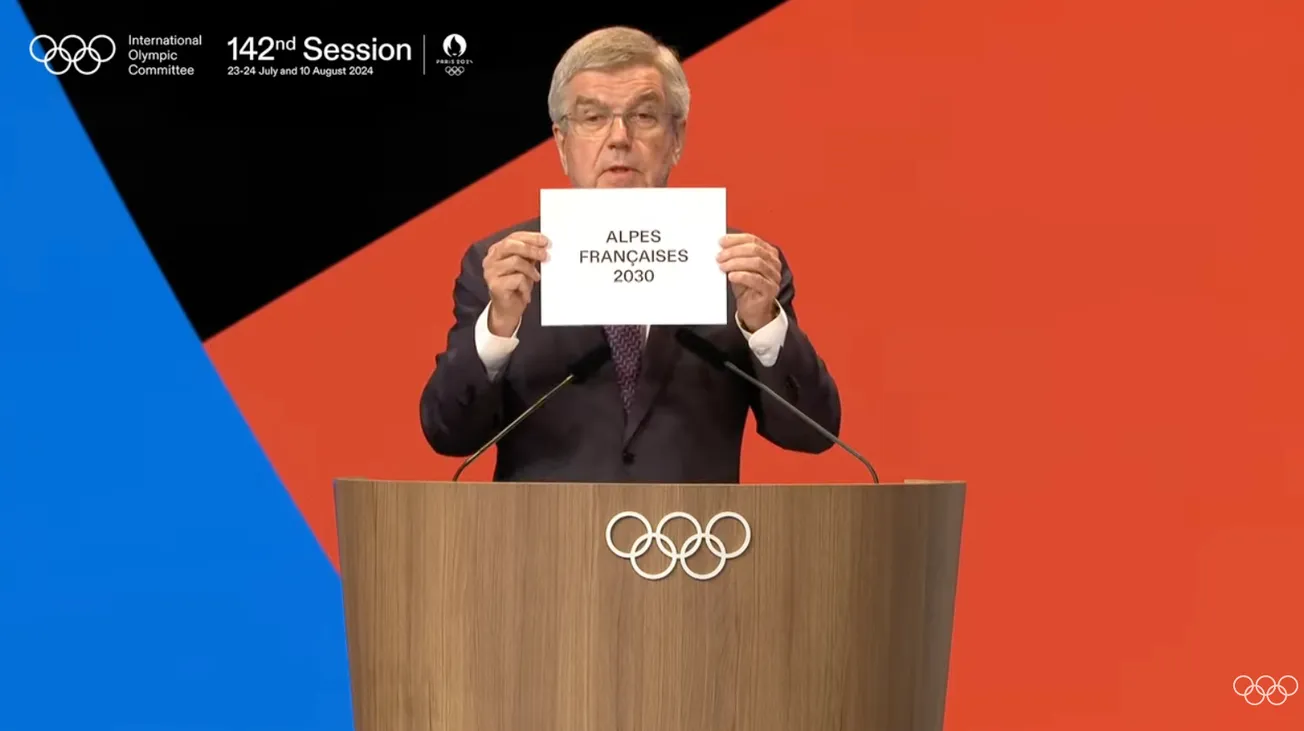The criminal trial against Anders Besseberg, long-time president of the International Biathlon Union (IBU), who faces up to ten years in prison for corruption, has been an eye-opener for many sports leaders in the Nordic countries. Norway, Denmark, Sweden, Finland, and Iceland are often portrayed as democratic role models with a reputation for being far less corrupt than most other countries in the world.
The five Nordic countries have a similar reputation in the world of sport, where Nordic sports leaders and politicians are some of the most vocal in their opposition to sports-related crimes such as corruption, match fixing and doping. As a result, the criminal trial now risks damaging the reputation of other Nordic sports leaders.
Whether or not Anders Besseberg, who turns 78 at the end of February, is found guilty, he has admitted to accepting expensive wristwatches and exclusive hunting trips from Russian sports leaders and European marketing companies to an extent that few would associate with Nordic sporting ethics.
The Nordic welfare model
The reputation of Nordic sports leaders is built on a Nordic sports culture, which is a result of the Nordic welfare model. Stable political and economic systems in the five countries have led to public welfare that, since World War II, has enabled them to develop into competitive sporting nations that are the envy of many larger countries.
The sporting foundation of the five Nordic democracies is built on an extensive system of local clubs where both volunteer and paid coaches and managers work together to develop new sporting talent and elite athletes who are able to achieve many top international results in modern sports facilities financed by both public and private investors.
In terms of sports policy, the five countries cooperate in the Nordic Council and the Nordic Council of Ministers, where Nordic politicians focus on how the Nordic Region can increase its influence and impact internationally, not least in relation to corruption, match-fixing, anti-doping, the sustainability of sporting events, inactive populations and the global economy of sport.
Five different elite sports models
Many of the Nordic countries' sports organisations also work closely together, both formally and informally. Within the international sports associations – whether in Europe or at world level – the Scandinavian federations often agree on fundamental issues, discuss their approach and voting decisions.
But while the five countries' elite sports models are similar, there are national differences.
- In Denmark, the independent institution Team Denmark has been responsible for elite sport since 1985 in close co-operation with Danmarks Idrætsforbund (DIF), which is Denmark's National Olympic Committee.
- In Norway, responsibility for elite sport is placed in Olympiatoppen, an independent political and administrative department under the Norges idrettsforbund og olympiske og paralympiske komité (NIF), which is the country's NOC.
- In Sweden, the Sveriges Olympiska Kommitté (SOK) and the Riksidrottsförbundets (RF) have not been able to agree on establishing an elite sports organisation. The two national organisations share responsibility for elite sports with several sports federations.
- In Finland, several national sports organisations shared responsibility for elite sports until 2013, when the Suomen Olympiakomitea did away with a confusing elite sports structure and established a High Performance Unit tasked with improving the international performance of Finnish elite athletes.
- In Iceland, the Íþrótta-og Ólympíusamband Íslands (ISI) is the country's NOC and umbrella organisation for 34 national sports federations, where the elite work of the football and handball federations in particular has gained international attention.
- And it is part of the sports policy picture of the Nordic region that Greenland – Grønlands Idrætsforbund (GIF) – and the Faroe Islands – Ítróttasamband Føroya (FCSOC) –, which are self-governing Danish territories, have for many years tried to be recognised by the IOC as independent Olympic nations. So far without success, even though they participate in international tournaments under their own flag in several sports.
So, there are many good reasons to investigate whether Anders Besseberg is the only Nordic sports leader who is having trouble living up to their reputation as the moral guardians of international sport.
Prostitutes in action?
THE INQUISITOR'S first article in our Nordic Noir series was about sports politics in the high north highlighted the Besseberg trial from a historical perspective. The article questions whether Nordic sports leaders have learnt nothing since IOC members Pirjo Hägmann of Finland and Niels Holst-Sørensen of Denmark were exposed in 1999 as two of the villains in the major Olympic corruption scandal in Salt Lake City?
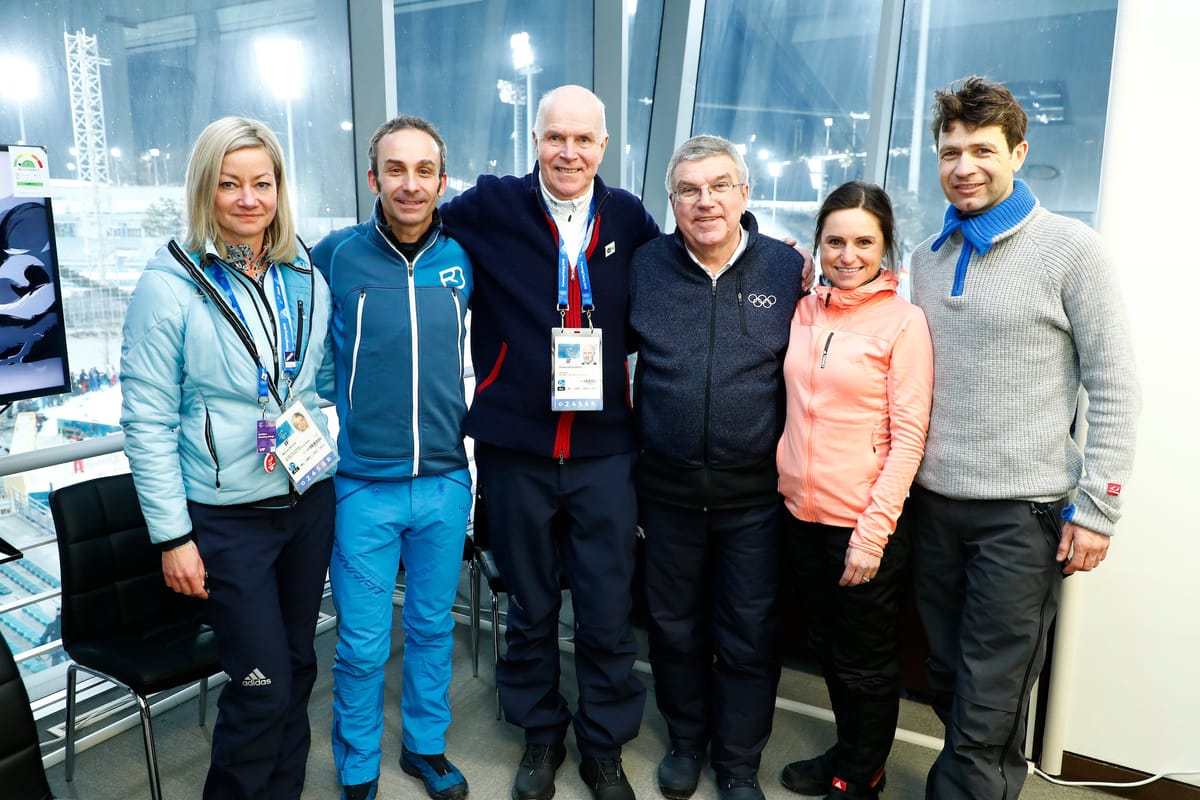
According to the prosecution, Besseberg accepted bribes in the form of prostitutes, expensive wristwatches, exclusive hunting trips and a luxury car. Besseberg admits to accepting gifts. But he denies any wrongdoing and portrays himself as a hard-working farmer who has created a successful sports federation.
IBU general secretary Max Cobb explained in court when the prosecutor asked the witness if he had observed prostitutes at IBU events: "It is difficult to say whether the ones you see are prostitutes or not, as we never saw them in action," the American replied, but added that for decades there have been persistent rumours from many different sources that Besseberg was offered prostitutes by the organisers.
During the testimony, it also emerged that regardless of the outcome of the Norwegian trial, the IBU's integrity unit BIU is demanding that Besseberg be condemned by the Court of Arbitration for Sport (CAS): "We believe he should be banned from the sport for life and punished with a fine of up to 100,000 euros", BIU leader Greg McKenna stated.
- What have other Norwegian officials and the many officials from other Scandinavian countries actually done against Besseberg in all these decades, when it was basically all somehow known in the biathlon family – at least by hearsay and on the basis of rumours?
- Has no-one enquired in a quarter of a century?
- Has nobody ever done any research?
- Has nobody ever done anything about it?
- What is the co-responsibility of the national federations and the Norwegian NOC?
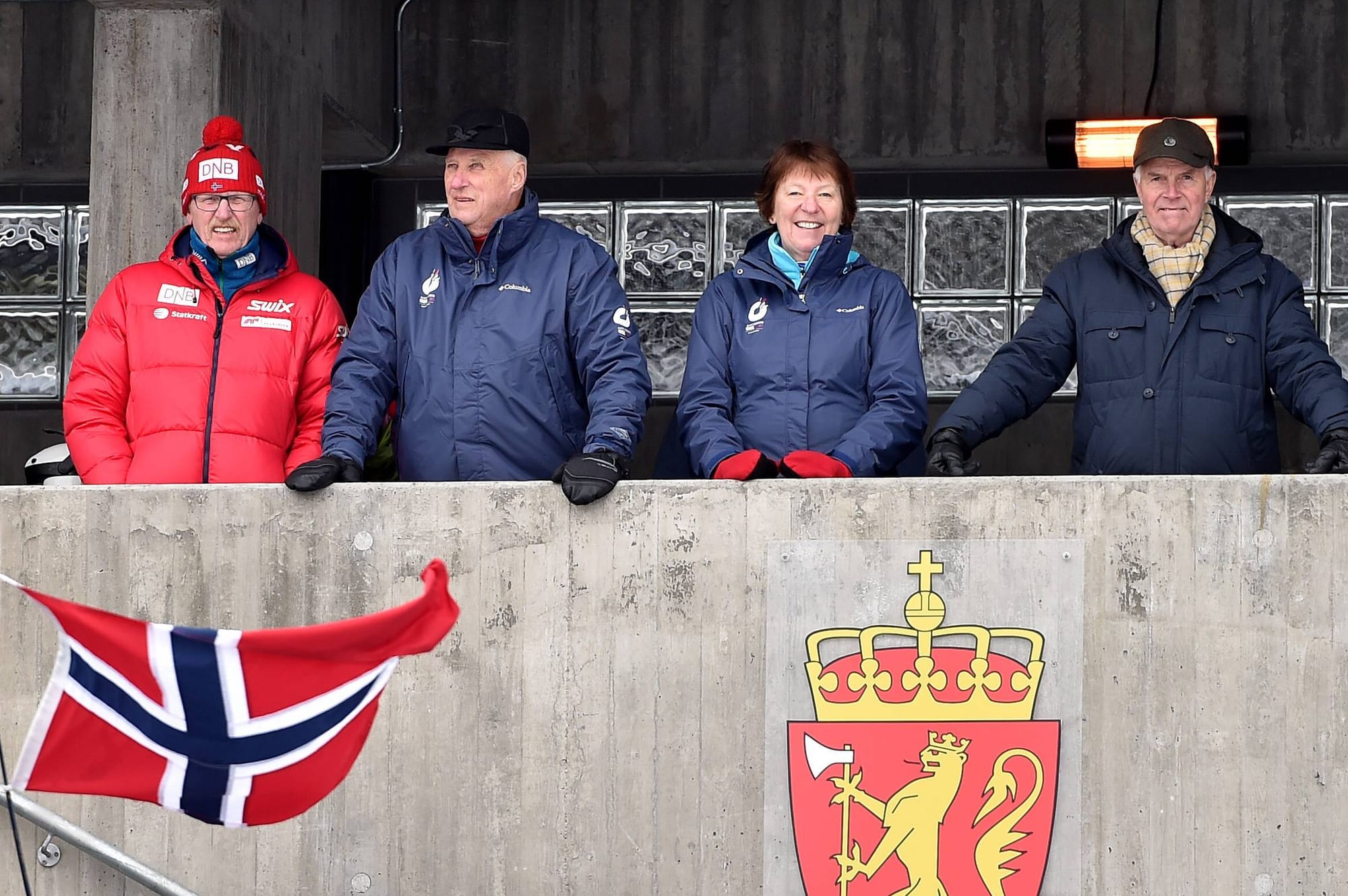
In bed with the enemy
But regardless of whether Besseberg is guilty or not in a legal sense, it is relevant to question whether he is a single morally tarnished sports leader in Norway or whether other Norwegian sports leaders, such as IOC members Kristin Kloster Aasen and Astrid Uhrenholdt Jacobsen, should also be criticised and called to account for the way in which they manage their Olympic power?
And it is equally relevant to ask whether the Norwegian corruption case is an expression of the fact that the Nordic sports culture under the surface is in just as bad a moral condition as in the autocratic sports nations that Norwegian football president Lise Klaveness is internationally praised for criticising?

